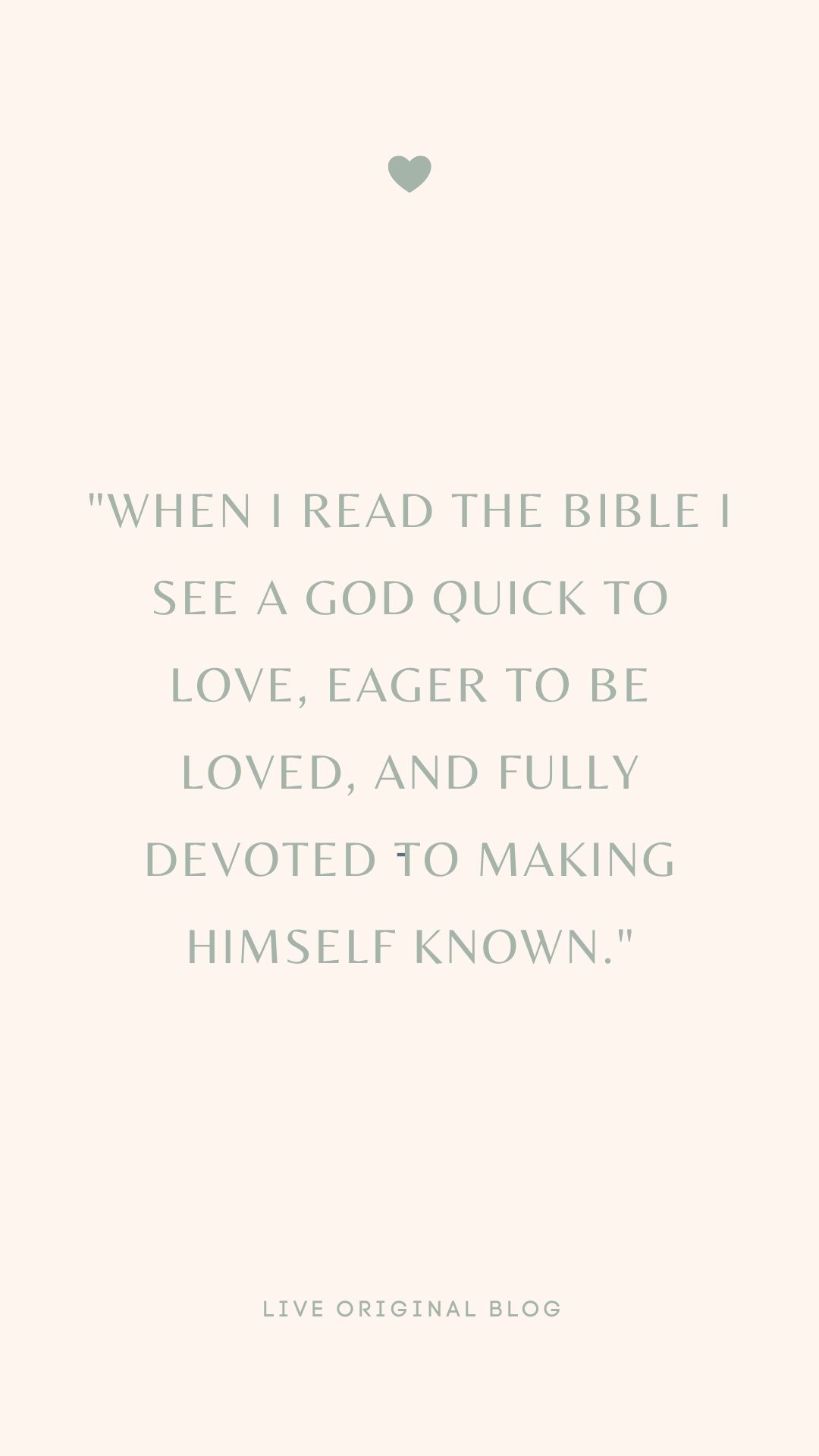
How to Fall in Love
I am one of those nosey women who can’t help but match her single friends. When I see two people, both of whom love Jesus, both of whom like pizza, science podcasts, and hikes (both of whom I love) obviously they should be together forever and have babies and go on vacation with my husband and I.
If you are a single person I love, I apologize in advance.
Though I have matched many a couple, my matches are usually failures. I tell myself this is because I’m matching young people, and young people are picky and stubborn. Whatever the reason for my failed attempts, I’ve learned my lesson: no matter how much I want two people to be together, I can’t make them fall in love. No one can.
At least that’s the conventional wisdom—that love happens to us, that falling in love is all chance and chemistry and feelings and sparks, unpredictable and impossible to engineer.
Maybe. Or maybe not.
About 20 years ago, psychologist Dr. Arthur Aron conducted a study in which he attempted to prove that falling in love is a scientifically predictable process. After years of research Aron both identified the conditions for falling in love and proposed a prescriptive path for it. Aron said that under the right conditions you could make almost any heterosexual man and woman fall in love, assuming they were open to it.
Here was his strategy: A man and woman enter Aron’s lab through separate doors. They sit face to face and answer a series of increasingly intimate questions. When the questions are done, they stare at one another silently for four minutes.
That’s it. The whole experiment takes 90 minutes.
Six months after one of these encounters two study participants were married. They invited all the lab-workers to the ceremony.
In an article for The New York Times’ “Modern Love” column, author Mandy Len Catron writes about her experience trying out Aron’s method. She says, “Most of us think about love as something that happens to us. We fall. We get crushed. But what I like about this study is how it assumes that love is an action.” She says about the story of the night she tried out Aron’s questions (the night she fell in love): “It’s about what it means to bother to know someone, which is really a story about what it means to be known.”
What does it take to fall in love? According to Dr, Aron, attention. It takes bothering to know someone. It takes listening, welcoming another person’s vulnerability. It takes you investing in seeing someone exactly as they are.
There’s this line in Shakespeare’s Romeo and Juliet. Juliet’s mom tells her there’s going to be an eligible bachelor at the party she’s hosting. Juliet tells her mom, “I’ll look to like, if looking liking move.” In other words, “I’ll look, and if I like what I see—I’m in.”
This is the principle at work in Aron’s study—looking to like or looking to love. When we’re willing to entertain the possibility of love, and when we’re devoted to looking at the person across the table, love comes rather easily.
Especially when the person across the table isn’t a person.
–
Nobody in the Bible loves God quite like David does. That is my entirely biased but not entirely unfounded opinion. I know David did some terrible things. He had sex with Bathsheba. He killed a man. He did both those things, and he loved God very much.
I know he loved God partly because he said so. Often. In love songs.
Over and over, in 73 different songs, David wrote about “my God,” “my Lord,” “my Refuge,” “my Rock,” “my Savior,” and “my Redeemer.”
Why all the “my”s? Think of your “my”s: my fiance, my mom, my friend. “My” means relationship, proximity, intimacy.
Like a teenage boy with a girl he can’t stop thinking about, David sees God everywhere he looks. He sees God when he looks at the sky, “The heavens declare the glory of God; and the expanse proclaims the work of his hands” (Psalm 19:1). He sees God at work: “With you I can attack a barricade, and with my God I can leap over a wall” (Psalm 18:29). He sees God in victory, “The Lord gives victory to his anointed” (Psalm 20:6). He sees God in the dark, “Lord, you light my lamp; my God illuminates my darkness.” (Psalm 18:28)
When God delivered him from the hand of Saul, what were David’s first words? “I love you, Lord, my strength” (Psalm 18:1).
How did David come to love God like that? Lots of ways I bet—a family heritage of faith, shared adventures—but one way sticks out. David fell in love with God so deeply, because David spent so much time looking at His face. He writes in Psalm 27, “I have asked one thing from the Lord; it is what I desire: to dwell in the house of the Lord all the days of my life, gazing on the beauty of the Lord and seeking him in his temple” (27:4)
David looked to love.
–
How do we look to love God–this God who’s sometimes hard to see? Lots of ways, but one of the easiest ways is in Scripture.
In his work For Self-Examination, Søren Kierkegaard writes about reading the Bible:
Think of a lover who has now received a letter from his beloved as precious as this letter is to the lover, just so precious to thee, I assume, is God’s Word; in the way the lover reads this letter, just so, I assume, dost thou read God’s Word and conceive that God’s Word ought to be read.
Kierkegaard says this is the only way to truly read God’s Word—as if the one you love most has revealed his heart and asked for your active love in return.
It’s oversimplifying things to say the Bible is a love letter, full stop. But the Bible is a love letter. In fact, that’s perhaps the most true thing we could say about God’s book. When I read the Bible I see a God quick to love, eager to be loved, and fully devoted to making himself known.
When I first considered the list of probing questions from Dr. Aron’s study on falling in love, I thought of God and the ways he’s made himself vulnerable in scripture. In the Bible God reveals the details of his past relationships—who he’s loved, who loved him back, who didn’t, how they hurt him, how it felt. In the Bible God shows us what he’s proud of, the things he’s made, the truths he holds most dear. He tells us what he wants for the future. He tells us what disappoints him and what breaks his heart.
On every page of the Bible God yells and beckons and sings and whispers, “Look at me. Love me.”
If you want to love God (if you want to accept his proposal and receive the abundant life that grows in the soil of your love for him), you need to spend more time looking at him. And since he’s not sitting on your couch or meeting you for coffee, that largely means reading the love letter, listening to his answers to the questions, learning who he is and what he cares about.
God is willing to be seen. He wants it. He wrote a whole book (books really) to help you know him better. God knows it’s hard to love someone you can’t see or touch. I think he’s hoping the Book will help.
We need to read it. And when we read it, we need to look to love.
Excerpt adapted from JL’s new book, Look to Love: A Better Way to Read the Bible
JL Gerhardt is an author and Bible teacher. Her latest book is Look to Love: A Better Way to Read the Bible. She and her family are currently traveling the globe, seeking God’s face on new continents. Keep up with JL on Instagram @jl.gerhardt!


















